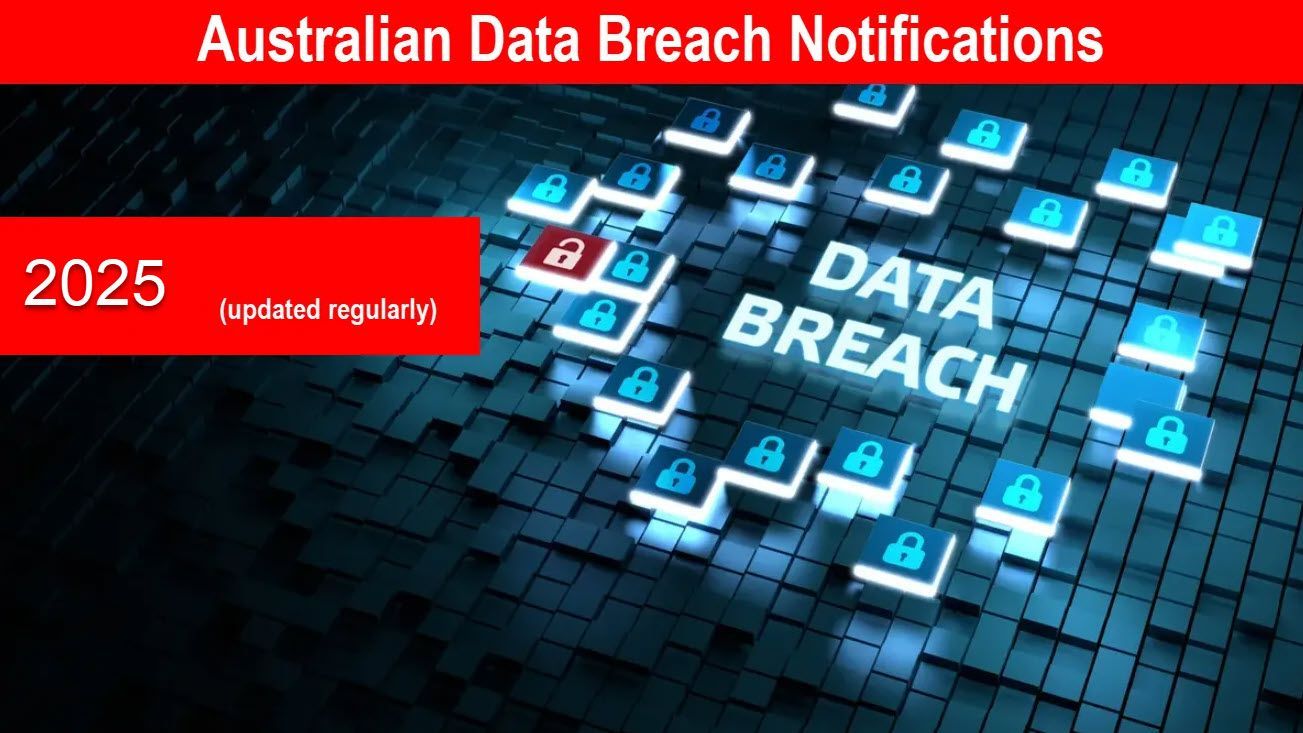Cybersecurity Tips: 9 Effective Ways to Protect Yourself Online
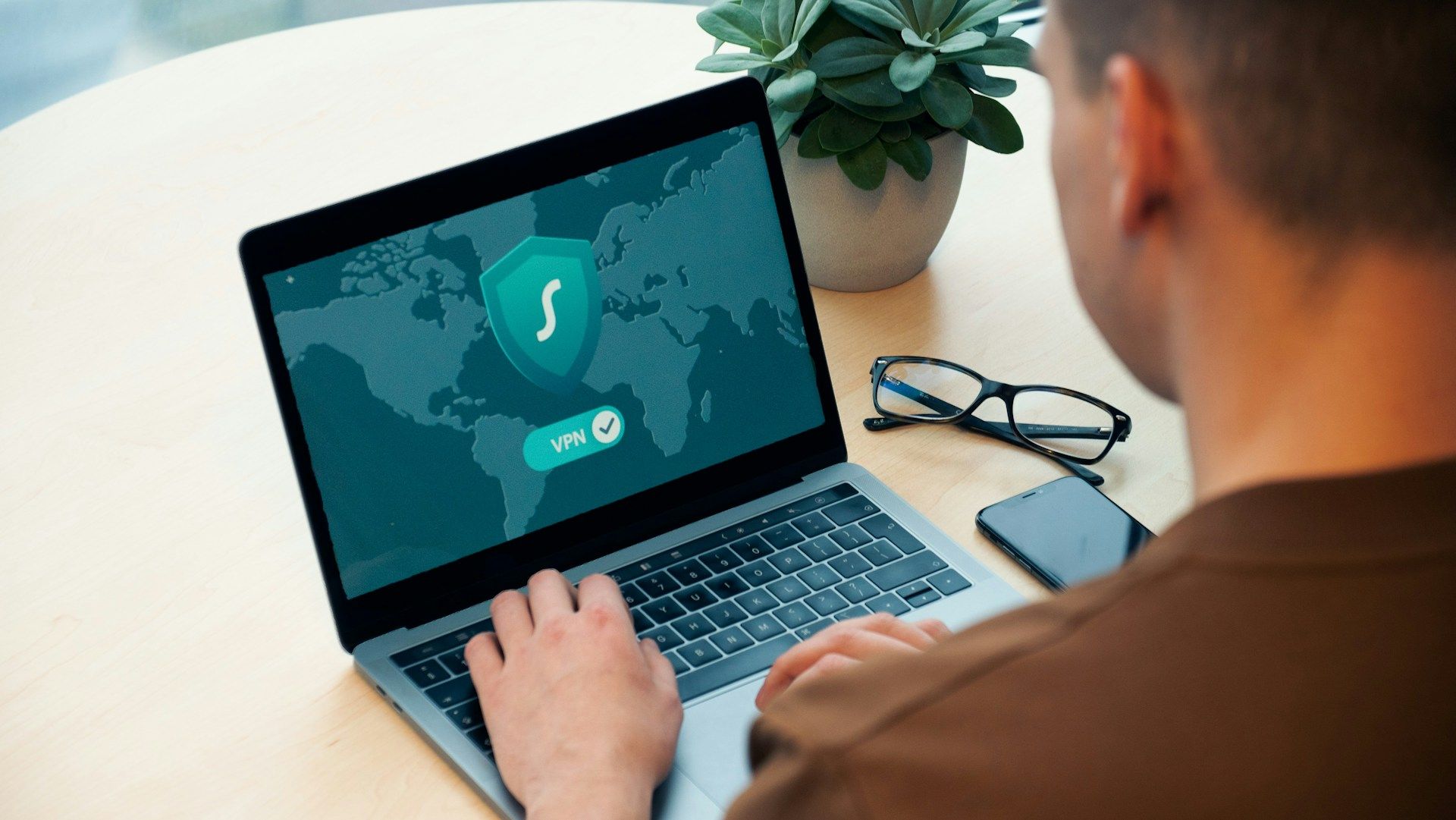
Ever bank online, shop with a credit card, or share a selfie? Then you're a target!
With our lives moving online, personal information is gold to cybercriminals. But fear not! In this guide, I’ll walk you through some effective ways to protect yourself online.
That said, let’s roll in.
Here we’ll explore the finest ways to stay safe online:
1. Use 2FA
To stay safe online, make sure to use 2FA (Two-Factor Authentication) to protect your accounts. It can be your social media accounts, your Google account, and more. Using 2FA adds an extra layer of security.
When you use 2FA, you are required to provide a second form of identification after entering your password. This can be a code sent to your phone or an app like Google Authenticator. Even if someone steals your password, they can't access your account without this second code.
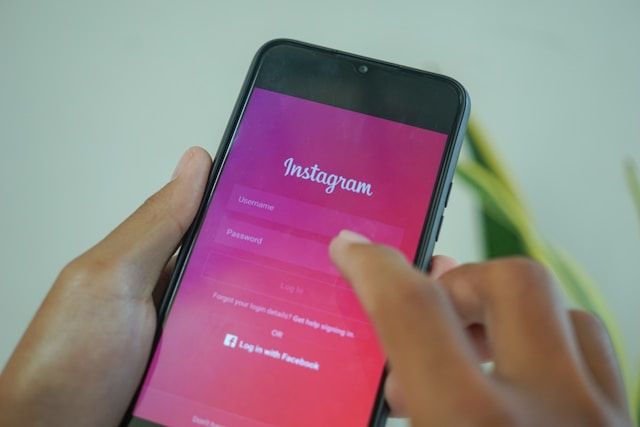
2. Create Strong Passwords
Another important thing to do to protect yourself online is to create strong passwords by using a mix of letters, numbers, and symbols. Make sure to avoid common words or easy patterns. For example, don't use "password123" or "abc123."
That said, a strong password should be at least 12 characters long. Use random combinations that are hard to guess, like "G7x$9p&Qw2!m." Make sure you don’t reuse passwords across different sites. If one site gets hacked, other accounts can be at risk.
It’s also a good idea to use a password manager to store and generate strong passwords. This way, you don’t have to remember all of them.
3. Use Antivirus
Another important Cybersecurity tip you should follow is to use antivirus programs like Avast across all your devices, including your computer, smartphone, and tablet. Antivirus programs help detect and remove malware, viruses, and other threats.
These programs run in the background and scan for harmful software. If a threat is found, the antivirus will alert you and help remove it.
Moreover, regular updates keep the antivirus software effective against new threats. Without antivirus protection, your personal information can be at risk. Hackers can steal your data or cause damage to your device.
4. Keep Software Updated
Updating software and apps fixes bugs and closes security holes that hackers can exploit. Make sure to update all your software and apps on different devices, like your computer, smartphone, and tablet. Turn on automatic updates if possible, so you don’t miss any critical updates.
Outdated software can make your device vulnerable to attacks. New updates often bring improved features and better performance, too.
Also, by keeping your software updated, you protect your personal information and keep your devices running smoothly. So, don’t ignore update notifications; they are there to keep you safe.
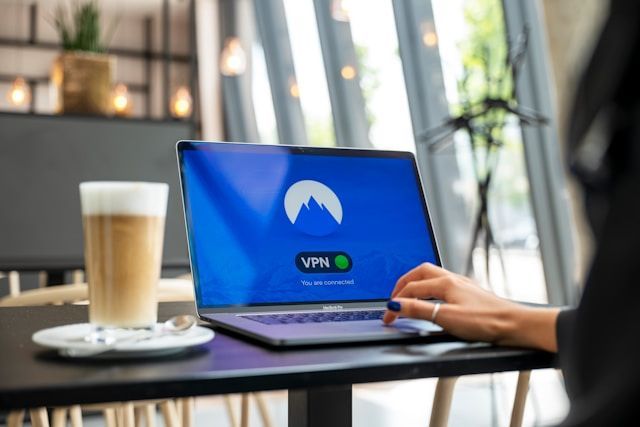
5. Use a VPN
When browsing online, it’s a good idea to use a VPN (virtual private network) to browse anonymously and protect your online privacy. A VPN hides your IP address and encrypts your internet connection. This makes it hard for hackers to see your online activity.
VPNs also keep your data safe when using public Wi-Fi. Without a VPN, your personal information can be exposed to cybercriminals.
Moreover, VPNs also let you access blocked websites and services by changing your virtual location. It’s easy to use: just install a VPN app on your device and turn it on.
6. Don’t Open Suspicious Emails
If you find an email suspicious, don’t open it. Such emails can be spammy and dangerous. Hackers use these emails to trick you. They might ask for personal information or money. This is called phishing.
Phishing emails often look real, like they’re from a bank or a friend. But they have links or attachments that can harm your device. Clicking on these links can install malware or lead to fake websites.
Always check the sender's address and look for spelling mistakes. If an email looks strange, delete it. Also, don’t share your information through email.
7. Use Extra Caution With Wireless Connections
Use extra caution with wireless connections to stay safe online. Public Wi-Fi networks, like those in cafes or airports, are often not secure. Hackers can easily access your data on these networks. Avoid doing sensitive tasks, like online banking or shopping, on public Wi-Fi.
If you must use public Wi-Fi, connect through a VPN to encrypt your data. Always turn off automatic Wi-Fi connections on your device. This prevents it from connecting to unsafe networks without your knowledge.
At home, secure your Wi-Fi with a strong password and encryption. Change your router’s default password to something unique. Also, regularly update your router’s firmware for the latest security features.
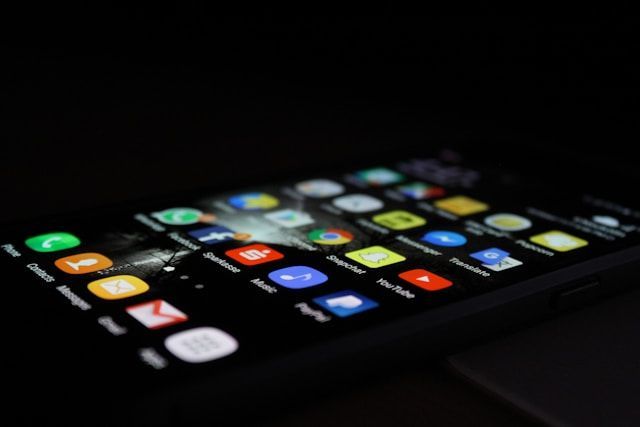
8. Be Selective About Apps
Be selective about apps to keep your device and data safe. Only download apps from trusted sources like official app stores. Make sure to read reviews and check ratings before installing an app. Also, be cautious of apps that ask for too many permissions.
For example, a simple game shouldn't need access to your contacts or location. Some apps can contain malware or spy on you. It’s also a good idea to regularly review and delete apps you no longer use.
9. Don’t Share Everything on Social Media
When using social media, avoid posting personal details like your full name, address, phone number, or birthdate. Sharing your location can also be risky, so turn off location services for social media apps. Be careful with photos that reveal too much, like your home or workplace.
Moreover, don’t share travel plans or daily routines publicly; it can make you an easy target for criminals. Think twice before sharing personal opinions or sensitive information. Even deleted posts can be saved or shared by others.
Adjust your privacy settings to control who sees your posts. By being mindful of what you share, you can keep your personal information safe and protect your privacy.
Final Words
To sum up, safeguarding yourself online is important and there are some practices you should follow to ensure that. For instance, use strong, unique passwords and enable Two-Factor Authentication (2FA). Keep all software updated to prevent security vulnerabilities. Use a trusted antivirus program across all devices.
Other than that, be cautious with wireless connections and use a VPN for added security. Avoid opening suspicious emails and be selective with apps. Lastly, be mindful of what you share on social media to protect your privacy.
By following these tips, you can significantly improve your online safety and protect your personal information from cyber threats.
References:
- https://www.fultonbank.com/Education-Center/Privacy-and-Security/10-ways-to-protect-yourself-online
- https://www.titanfile.com/blog/cyber-security-tips-best-practices/
- https://www.cert.govt.nz/individuals/guides/get-started-cyber-security/
- https://it.ucalgary.ca/it-security/top-10-cybersecurity-tips
- https://www.executech.com/insights/following-easy-digital-security-tips/




